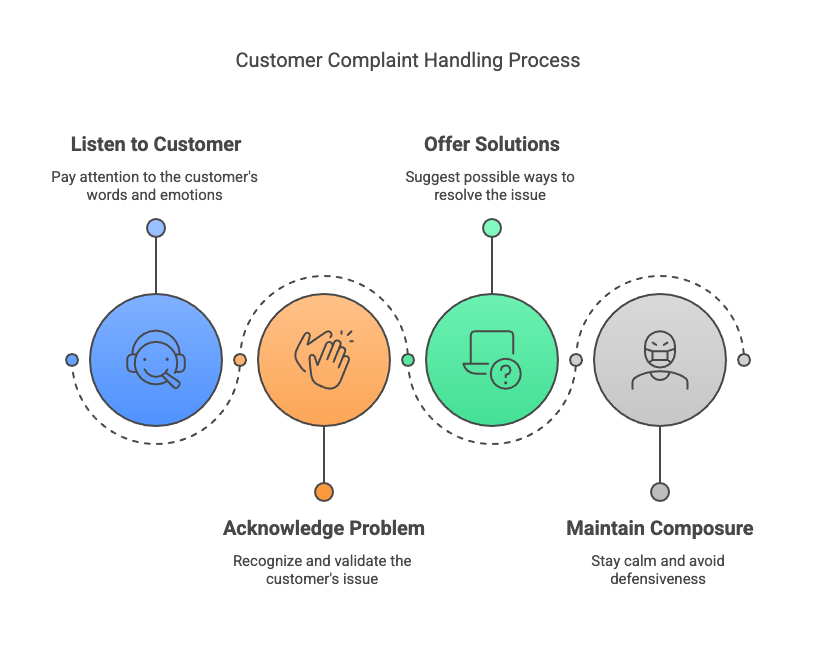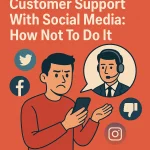Authenticity is a critical driver of modern marketing.
When a brand makes an effort to be transparent in everything it does, people notice. They appreciate a business that they feel they can trust, and direct their spending and loyalty accordingly. By that same vein, if it turns out that authenticity is in any way not genuine?
There will be backlash, and it will be significant.
As noted in the 2020 Gustavson Brand Trust Index, consumer trust in brands is now at an all-time low. People are more skeptical than they’ve ever been. They simply do not believe that businesses have their best interests in mind any longer.
Trust, in other words, is hard one. And once lost, it’s nearly impossible to regain. This is in no way helped by the constant barrage of high-profile data breaches and privacy violations in the media – from questionable data management practices to downright unethical activities, many businesses are being cast in an extremely unflattering light.
The good news is that it’s not difficult for your brand to differentiate itself.
Own up to your mistakes. Be honest, be humble, and be proactive in fixing the things you’ve done wrong. Even if you’ve done something wrong, people will notice that you’re making a genuine attempt to fix it. Your sincerity will shine through, and prospective customers will notice.
If, on the other hand, you attempt to cover up your mistakes or shift the blame? People are going to notice that, too. Unless your business provides an absolutely essential product or service for which there’s no feasible competition, they’re going to cast you aside in favor of a competitor they believe to be more trustworthy.
Online reviews are the area in which you can most frequently put this into practice. Offer customers genuine thanks for any positive reviews of your products and services, highlighting them on your website and social media channels where appropriate. Demonstrate to them that you appreciate their business, and moreover, that you appreciate them.
As for negative reviews, reach out to the people who left them. Specifically, respond by offering them an olive branch. Give them a chance to fix whatever issues they had with your brand. Indeed, by reacting quickly and making a real effort to address complaints, you can easily transform a negative review into a positive one. Furthermore, you can potentially even turn a dissatisfied customer into a brand advocate.
There are a few things you should remember when responding, however.

- Listen to what they have to say. Read between the lines, and make an effort to understand every facet of their complaint.
- Acknowledge that there is a problem. Apologize. Do not attempt to pretend the fault lies with the customer, and do not attempt to deflect blame.
- Ask the customer what you can do to fix their issue. Provide them several options through which they might reach out to you.
- Do not get defensive.
As an addendum, this should go without saying. Never pay for reviews. Also, don’t try to boost your product listing with fake reviews. Customers are increasingly savvy. Most people can tell the difference between a real person and a paid shill. They know the difference between genuine and misleading tactics.
It’s not always easy to connect to your customers. Authenticity and sincerity are at the core of your brand’s marketing, and should be reflected in every facet of your business. Show people that you have integrity, and that you care about more than just making a sale.




